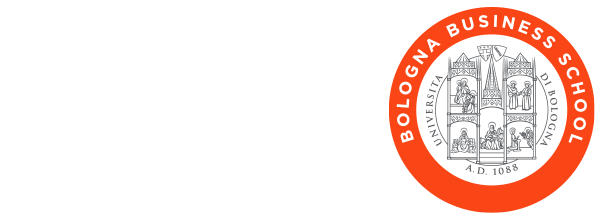Beatriz
Jacoste

CEO KM ZERO Food Innovation Hub - Valencia, Spagna Core Faculty
Beatriz è profondamente impegnata nel promuovere un futuro alimentare più sostenibile, sano e accessibile per tutti. In qualità di CEO di KM ZERO Food Innovation Hub, guida la strategia e le partnership dell’organizzazione, connettendo leader e innovatori da tutto il mondo che stanno contribuendo a trasformare il sistema del cibo.
Attraverso iniziative come il Ftalks Food Summit, il Food Changemakers Think Tank e il programma di Open Innovation, supporta startup, aziende e istituzioni nel prepararsi alle sfide del futuro, favorendo investimenti, collaborazioni e condivisione di conoscenze.
Ha viaggiato in molti Paesi incontrando i cosiddetti “eroi del cibo” — agricoltori, scienziati, imprenditori e decisori politici — e ha sviluppato programmi di educazione alimentare per ispirare le nuove generazioni. Riconosciuta come una voce autorevole nel settore, Beatriz scrive e interviene spesso su temi legati all’innovazione nel sistema alimentare.
CORSI
This module will explore key concepts and methodologies to understand and anticipate future food landscapes, analyze emerging trends, and develop sustainable strategies for the food industry. The course begins with an introduction to foresight methodologies and tools used to anticipate future scenarios in the food sector. Students will gain practical skills in scenario planning and trend analysis, enabling them to assess and respond to future challenges and opportunities. The exploration of food trends forms a significant component of the course. Students will examine the driving forces behind food trends, including shifting consumer preferences, technological advancements, and sustainability concerns. Through case studies and analysis, students will learn to identify and evaluate emerging trends, enabling them to make informed decisions in the evolving food industry.
An essential focus of the course is on regeneration scenarios for the food industry. Students will study innovative strategies to promote sustainable food production, circular economies, and regenerative agriculture. By considering environmental, social, and economic factors, students will learn to develop scenarios that balance sustainability and economic viability. They will possess the skills to anticipate and respond to emerging trends, assess their impact on the food industry, and develop sustainable and regenerative strategies for a future-oriented food system.
